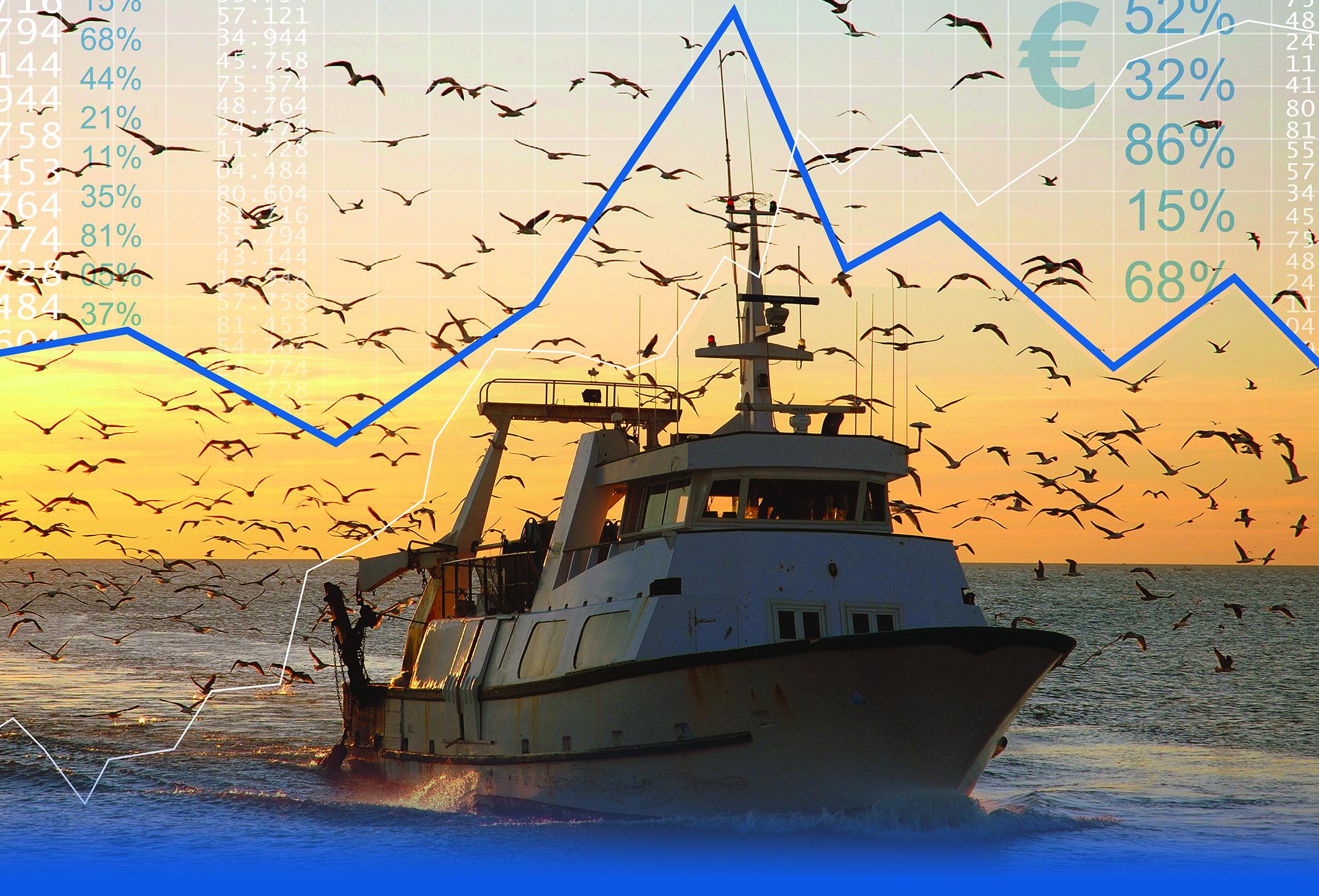News Digest n.2 / 2023
The package of measures recently presented by the Commission aims to improve the sustainability and resilience of the EU's fisheries and aquaculture sector. The main objectives of the measures are to promote the use of cleaner energy sources and reduce dependency on fossil fuels as well as reduce the sector's impact on marine ecosystems. One of the key actions is an Energy Transition Partnership for EU Fisheries and Aquaculture. The marine ecosystems action plan contributes to delivering on the EU Biodiversity Strategy for 2030 and its commitment to legally and effectively protect 30% of our seas, with one third being strictly protected.
Experimental farm brings salmon and kelp together
Salmon farmer Cermaq has teamed up with a specialist producer, Folla Alger AS, on an innovative farm site that combines salmon and kelp farming. The project will look at how salmon and kelp farming can mutually benefit each other. It will also explore how salmon might benefit from being reared in an environment where kelp is growing – esentially, integrated multi-trophic.
As one of the largest investment instruments under the EU budget, the ESI Funds support the territorial, economic and social cohesion of Europe's regions, as well as their resilience and recovery from the crisis faced in the past years. One of the achievements of ESI Funds is that in the fishing and aquaculture sector 44,000 jobs were maintained and more than 6,000 new jobs were created.
Ever tried seafood made from algae?
The Seafood Algternative project is developing algae-based fish substitutes thanks to the support of the European Maritime and Fisheries Fund. The objective of this project, which is definitely part of the 'seaweed revolution', is to make plant-based seafood products made from algae ingredients available to all consumers while ensuring a good taste, texture, and nutritional profile.
Minister for Agriculture, Food and the Marine, Charlie McConalogue, today announced the allocation of €37.3 million for capital projects in 2023 in Ireland’s six state-owned Fishery Harbour Centres through the Fishery Harbour and Coastal Infrastructure Development Programme. The funding provided under the Fishery Harbour and Coastal Infrastructure Development Programme is in addition to the funding of €55.3 million for the Brexit Adjustment Local Authority Marine Infrastructure Scheme 2022-23 which the Minister announced in December 2022.
The Blue Food Innovation Summit is back!
In May this year, the Blue Food Innovation Summit returns to London for another look at the future of aquaculture and ocean health. Taking place on 23-24 May, the summit brings together ground-breaking companies from around the globe to discuss forward-thinking approaches to aquatic food production, including sustainable aquafeed, seaweed, fish health and welfare, and digital platforms for smallholder farmers.
Could insects, algae and agri-food by-products be the future building blocks of aquafeeds?
Ittinsect, a Rome-based biotech startup, is developing a range of high-performance aquafeeds based on insects, microalgae and agriculture by-products to replace the use of ocean-sourced fishmeal in aquaculture.
The Common Oceans Deep-sea fisheries project launches new phase to continue the quest for sustainable use and protection of deep-sea marine life in the ocean areas beyond national jurisdiction (ABNJ). Over the next five years, the goal is to further improve deep-sea fisheries management and reducing their impact on the environment and biodiversity.
EU pledges €1 million for landmark WTO Agreement on Fisheries Subsidies
The EU has pledged €1 million for the Fisheries Funding Mechanism which forms part of the World Trade Organization (WTO) Agreement on Fisheries Subsidies reached last year. It will provide grants to developing and least developed countries so they can benefit from technical assistance and capacity-building to implement the WTO Agreement on Fisheries Subsidies.
